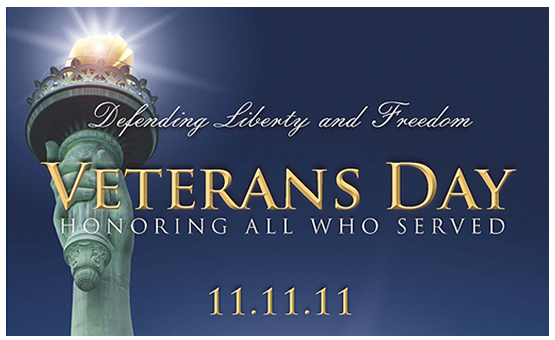“War has been, for almost all peoples and all times, the purest test of manhood,” stated Evan Thomas, editor at both Time and Newsweek and author of The War Lovers (Little Brown & Company, 2011). Scouting, Boy Scouting specifically, has been accused for decades of being an organization invested particularly in preparing young men for military service, war, direct combat, in fact. These accusations have used as underpinning Scouts’ care and use of knives, fire-building, uniforms and—however crudely—marching, compass-and-map skills, and—in days gone by—signaling and stalking. The irony is that nothing, from a practical standpoint, could be further from the truth.
Now there’s no question but that, at large, our nation’s military and law enforcement personnel exhibit a far greater propensity to have been Scouts members than those choosing other careers. But here’s the rub: It’s not the uniforms or the manual skills that engender the desire to pursue these careers; it’s the sense of duty to country and the spirit of serving that has been instilled in these young Americans that carry them forward onto these paths. Think about it…
In Scouting, we learn that earning ranks and merit badges isn’t a race to the finish line, where there’s only one winner and everyone else is second place or less. Instead, every Scout has the same opportunity to advance himself, without ever taking anything away from a fellow Scout. We learn that, even when there are inter-patrol competitions, the game isn’t to the swiftest or most adroit, it’s to the patrol that works together as a team—all pulling together toward the same goal. We learn that a Scout aspiring to the rank of Eagle can’t achieve this unless and until he wins and then manages the cheerful cooperation of his fellows. We learn that literally all of the positions of responsibility a Scout can hold—from Assistant Patrol Leader to Senior Patrol Leader and even Junior Assistant Scoutmaster—are founded on the principle of serving others. We learn that all leadership training available to these Scouts is grounded in the ideal of the “servant-leader.”
In my time, I’ve had the opportunity to speak with Scouts who have gone on to West Point, Quantico, Annapolis, and The Ramparts, and they all say the same thing about how their Scouting experience helped them along the way. It’s not knowing how to build a fire that helped them succeed; it’s the learned skill of gaining and leading cooperation that made all the difference. But it doesn’t stop there; there’s more. Anyone can be put in charge, they told me, but that doesn’t make him a leader; it’s how he treats his squad or platoon that makes the difference: When he puts himself above the rest of us, he’ll fail and so will we; when he understands that his job is to put us first, we all succeed.
The late Major Richard Winter, of Easy Company, 506th PIR, 101st Airborne Division, U.S. Army, who wrote “Leadership at the Point of the Bayonet” (Beyond Band of Brothers, The War Memoirs of Major Dick Winters, by Dick Winters and Cole Kingseed, New York: Berkley Publishing Group, 2006), put it this way:
- Strive to be a leader of character, competence, and courage.
- If you…are fair in setting realistic goals and expectations, and lead by example, you will develop teamwork.
- Remain humble. Don’t worry about who receives the credit. Never let power or authority go to your head.
- Look at yourself in the mirror every night and ask yourself if you did your best.
- The key to a successful leader is to earn respect—not because of rank or position, but because you are a leader of character.
Major Winters would have been a wonderful Scoutmaster; he would have been an even more wonderful Senior Patrol Leader.
So as we contemplate Veteran’s Day today, let’s reflect for a moment on this: The military trains men for war; Scouting prepares boys for peace (thank you, B-P). So let’s thank every man and woman in service to our country, our states, or communities, and our people for their devotion to duty and their resolve to keep all America and Americans safe, as Scouting helps keep the future of America strong.












 The NetCommish web site was selected by Scouting Magazine in 1998 as one of ten "Quality Scouting Web Sites." The article, entitled "
The NetCommish web site was selected by Scouting Magazine in 1998 as one of ten "Quality Scouting Web Sites." The article, entitled "
Comments are closed.